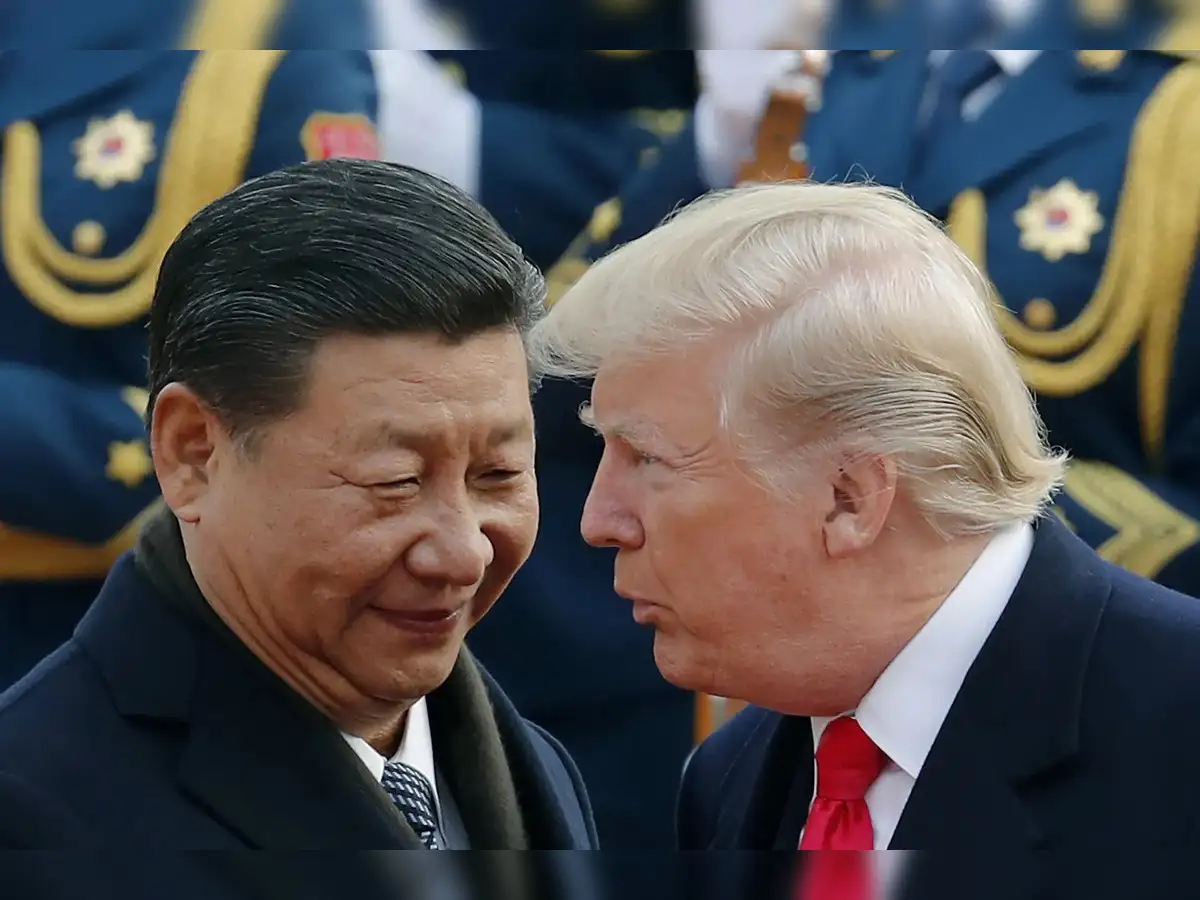Global markets experienced instability on Friday, as initial optimism stemming from “very positive” discussions between US President Donald Trump and Chinese President Xi Jinping was quickly overshadowed by a public dispute between Trump and billionaire Elon Musk.
The highly anticipated phone call between the leaders of the world’s two largest economies had initially fuelled hopes for an easing of trade tensions, particularly after Trump’s recent “Liberation Day” global tariff increases heavily impacted Beijing.
However, investor confidence was eroded by an extraordinary social media clash between Trump and his former aide, Musk, which saw the two exchange insults and threats.
This spat sent Wall Street into negative territory, with all three major US indexes closing lower and Musk’s Tesla stock plummeting over 14 per cent as the president threatened the company’s government contracts.
Asian equities showed a mixed performance in early trading, with some analysts suggesting that traders were adjusting their positions in anticipation of a potentially volatile start to the following week, influenced by both the Trump-Musk row and upcoming US jobs data.

Hong Kong, Sydney, Wellington, Taipei, and Bangkok all saw declines, while Mumbai led gains after the Reserve Bank of India enacted a larger-than-expected interest rate cut.
Tokyo, Singapore, and Shanghai recorded slight increases. In Europe, London rose, but Paris and Frankfurt fell, though US futures appeared stronger.
Chris Weston of Pepperstone noted that while the call with Xi was “seen as a step in the right direction,” it “proved to offer nothing tangible for traders to work with,” quickly shifting focus back to the Trump-Musk conflict.
He highlighted the upcoming US nonfarm payrolls report, due later on Friday, as a significant risk factor for Asia-based traders.
Weston also warned of the potential for Trump to generate market-moving headlines over the weekend, given his heightened state, which could impact the market’s opening on Monday.
The US jobs figures are being closely watched, especially after a weaker-than-expected private hiring report earlier in the week sparked concerns about the labour market and the overall health of the US economy.
These figures arrive amidst expectations that the Federal Reserve might resume cutting interest rates from September, even as economists caution that Trump’s tariffs could reignite inflation.
Stephen Innes of SPI Asset Management warned of a “paradox” in the current market: while poor jobs figures could signal economic weakness, a strong reading might lead traders to re-evaluate potential Fed rate cuts, turning “good news on Main Street into bad news on Wall Street.”


 Trending
Trending 